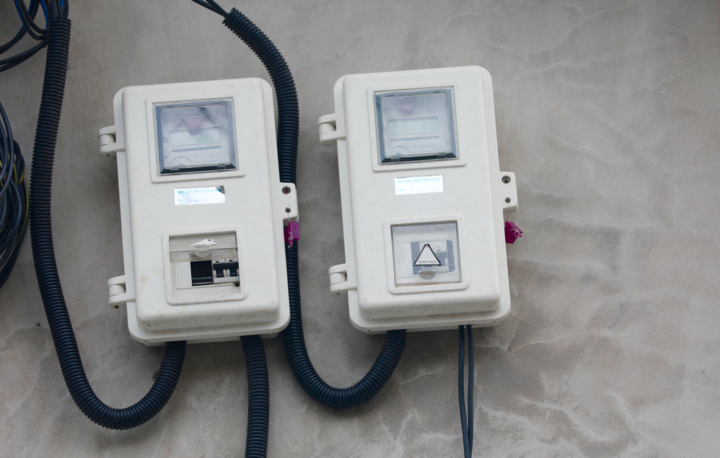The trend of bypassing, tampering with electricity meters and cables is not alien to Nigerians.
Stakeholders in the electricity sector have continuously bemoaned persistent energy theft and meter bypass, which they say result in loss of revenue and could potentially cripple the power sector.
In 2018, the Association of Electricity Distributors (ANED) said revenue losses traced to energy theft and poor payment amounted to N155.89 billion.
The Nigerian Electricity Regulatory Commission (NERC), in its 2019 first quarter report, said N2 is lost to energy theft and poor distribution equipment for every N10 worth of electricity received by DisCos.
Advertisement
In 2020, DisCos announced over N30 billion revenue loss monthly, owing to the high level of customer involvement in energy theft, meter bypass and vandalism.
To put an end to meter bypass, DisCos have deployed several measures like — threat of prosecution and compensation for customers who report violators.
BUT IS IT A CRIMINAL OFFENCE TO BYPASS AN ELECTRICITY METER?
Advertisement
Despite the prevalence of energy theft, a review of media reports suggests that a handful of arrests and convictions have been made.
Under the Electric Power Sector Reform (EPSRA) Act 2005, the law that gives legal backing to the creation of NERC, it is a criminal offence to bypass or tamper with electricity meters.
Section 94(3) of the EPSRA Act 2005 criminalises any infraction against apparatus belonging to electricity companies with punishment for violators.
The section states: “Notwithstanding anything contained in any other law, any person who willfully destroys, injures or removes equipment or apparatus of a license commits an offence and is liable on conviction to imprisonment for a period of not less than five years and not more than seven years.”
Advertisement
This implies that those who engage in energy theft, by way of meter bypass, tampering or vandalism, have effectively committed an offence in breach of the act.
CAN NERC ARREST VANDALS AND ENERGY THIEVES?
The act establishing the commission did not state the arrest of offenders as part of its functions.
However, the act makes provision for the commission to appoint an inspector (not a police inspector) who will effect the arrest and enforce certain provisions in the act.
Advertisement
According to the act, the commission can also employ the service of a police officer.
Section 94(2b) of the act states that: “Any person who: willfully delays or obstructs an inspector or police officer in the exercise of the powers or duties confined or imposed upon him by or under this act commit an offence and is liable on conviction to a fine not exceeding one hundred thousand naira or to imprisonment for a period not exceeding one year or to both such fine and imprisonment.”
Advertisement
Aside from the EPSRA Act 2005, there are other extant laws that criminalise meter bypass and tampering.
Section 10 of the Miscellaneous Offences Act states “any person who unlawfully disconnects, removes, damages, tampers, meddles with or in any way whatsoever interferes with any electric fittings, meters or other appliances used for generating, transforming, converting, conveyancing, supplying or selling electricity shall be guilty of an offence and liable on conviction to imprisonment for a term not exceeding 21 years”.
Advertisement
Add a comment






